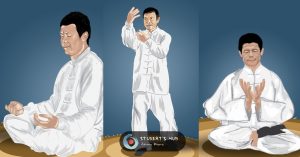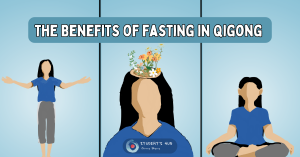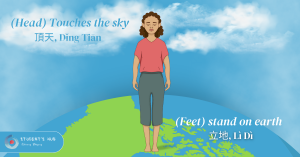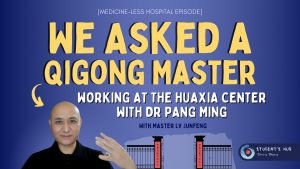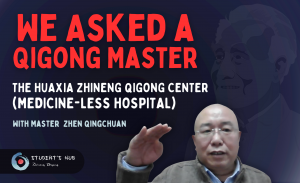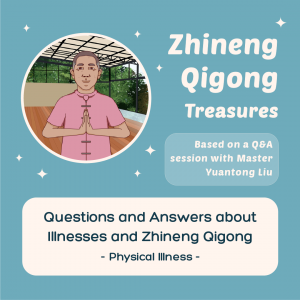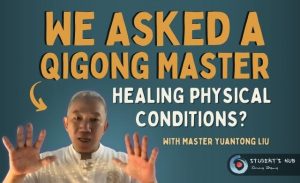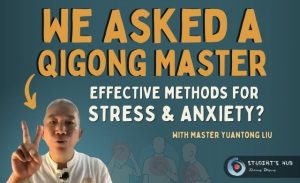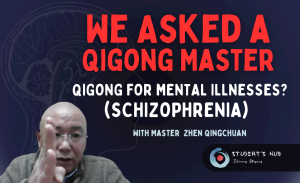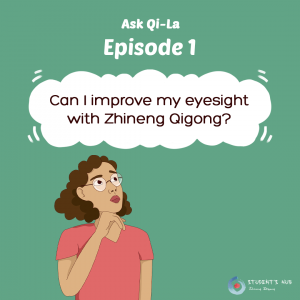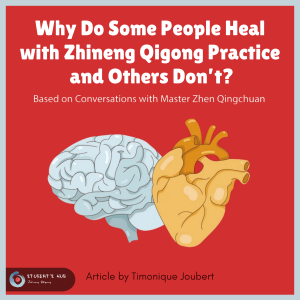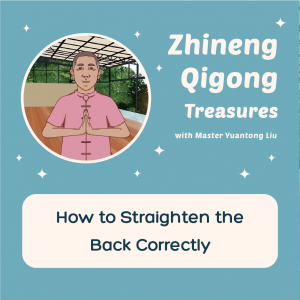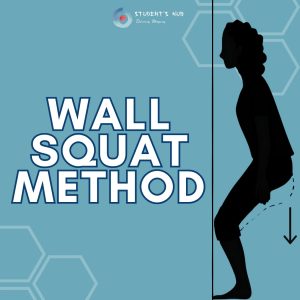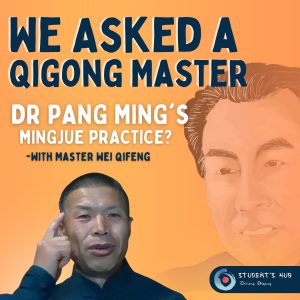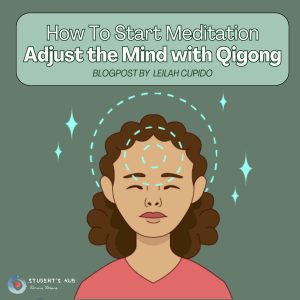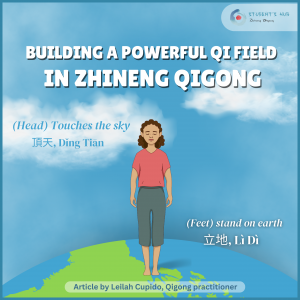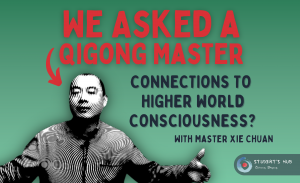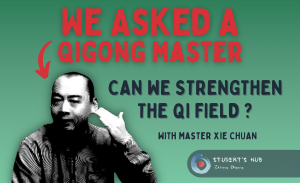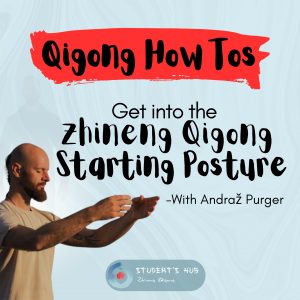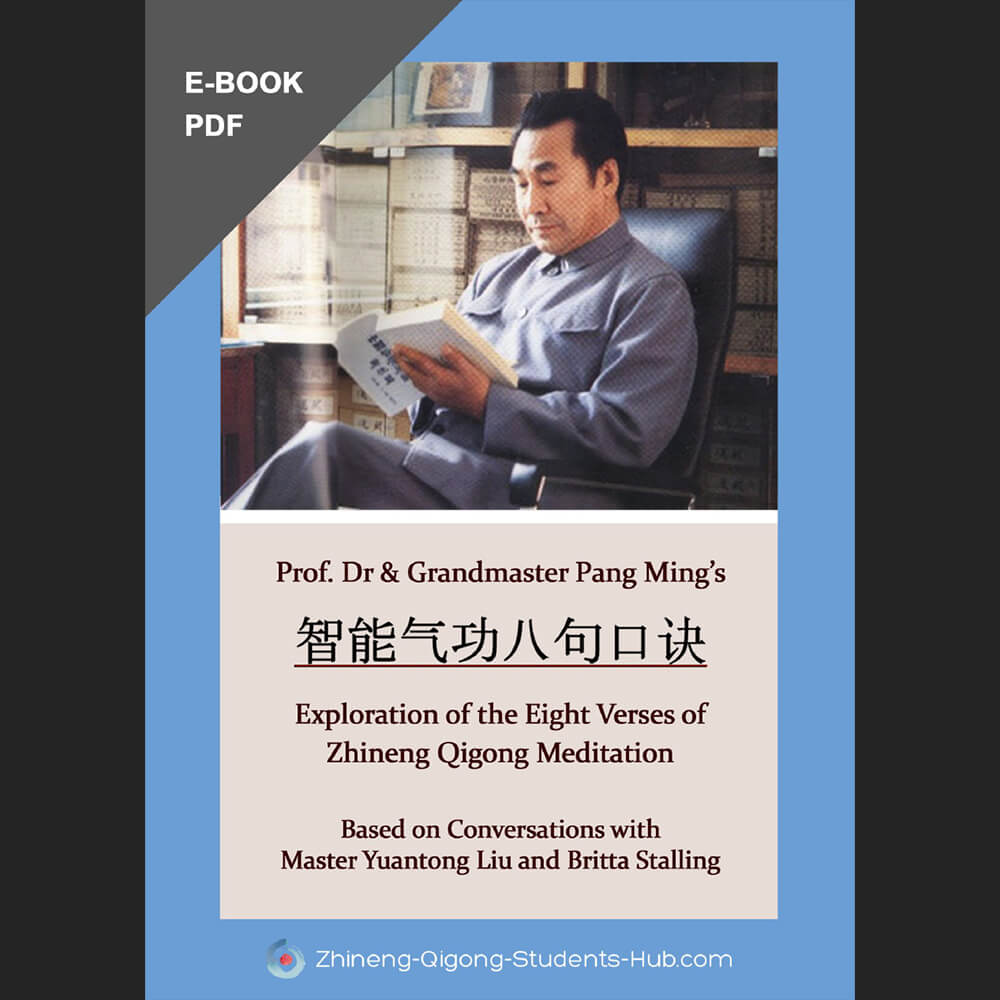Qigong and Mental Health
Can Qigong Heal Addiction?
Content edited and extracted from the article ‘Application of Qigong in Addiction Therapy’ by Qi Wang and published by ‘Zhineng Qigong Science Worldwide Magazine’.
If you are new to Qigong, get your FREE Qigong STARTER KIT here!
Following the popularity of Qigong in China during the 1980s and 1990s, scientific researchers became increasingly interested in its potential for medical benefits. Many studies have since been performed to evaluate the effect of Zhineng Qigong and other forms of Qigong on somatic matters, but can Qigong heal addiction?
Addiction is a chronic disease. Despite all efforts and improvements in the therapy of addiction over the past decades, medical and psychosocial approaches have still only had limited success. However, studies that delve into the healing properties of Qigong have opened up new possibilities for the treatment of mental illnesses and addiction.
Addiction and possibilities for treatment
Emergence of Addiction
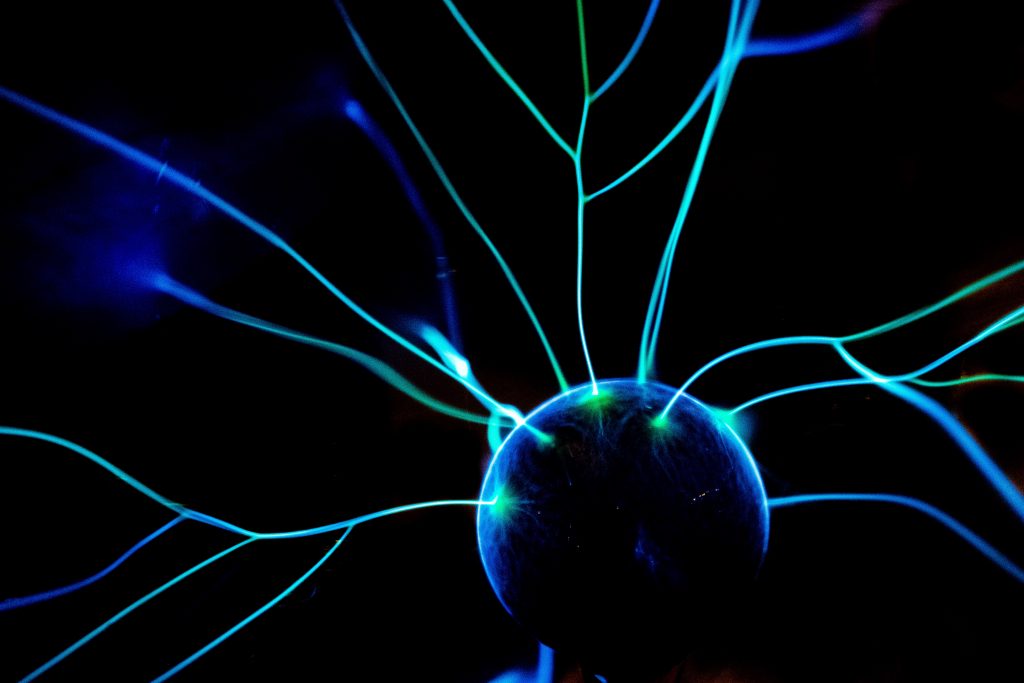
There are many theories about addiction development, and this can be divided into three groups: sociological, psychological and biological.
In general, addiction is a multi-factorial process involving the interaction the individual, the environment and the substance with which failed regulation of emotion and stress management occurs.
Qigong interpretation
From a Qigong perspective, addiction could be seen to be as a result of a lack of Qi and an unclear Shen (Mind).
Unclear Shen is defined as a loss of clearness and autonomy. This lack of Qi and unclear Shen can be congenital, acquired, or both. It can be a result of weakness from birth and/or reinforced through disorder.
From the Qigong point of view, the therapy of addiction is to reinforce Qi and to clear Shen, or as it is said in Chinese: Qi Zu Shen Ming.
Studies Supporting Qigong as treatment for Addiction
Treatment at Huaxia Centre
During the 1990’s, two successful experiences were noted in relation to the treatment of drug addicts through Qigong. Both experiences occurred at the Huaxia Zhineng Qigong Centre (one of the biggest Qigong centres in China at that time).
In April 1996 the first patient, a recovering drug addict, participated in one month’s training. He gained 8 kg of bodyweight and reported that all cravings for drug use had left him.

“I feel better in Qigong state than under drugs.”
Reported the first participant in 1996.
The following year, 6 patients with drug addiction completed a qigong course over one month. They reported a similar experience of overcoming addiction through their practice on Qigong. Later, they gave lectures about how Qigong had changed their lives and they even published an article titled ‘Zhineng Qigong has freed us from drug addiction.’
Institute of Drug Withdrawal

Another study was conducted at the Institute of Drug Withdrawal (Lanzhou, China) in 1997. This study was made up of 165 participants and was conducted over a period of 26 days, with 4 hours of Qigong practiced daily.
For this study, two Qigong teachers of the Huaxia Zhineng Qigong Centre – trained in basic knowledge about drugs and addiction – and three other Qigong teachers from the local Zhineng Qigong organization made up the ‘Qigong team’ for the study.
The focus of the study was to look at the role of Zhineng Qigong in treating drug withdrawal and most withdrawals were conducted without medication.
What did the study consist of?
Educational videos were shown to the participants that provided a theoretical basis for their treatment. These videos included:
- an introduction to Zhineng Qigong,
- how the mind can be used to become healthy (efficiently taking up Qi)
- and cultivation of Qi (retaining accumulated Qi).
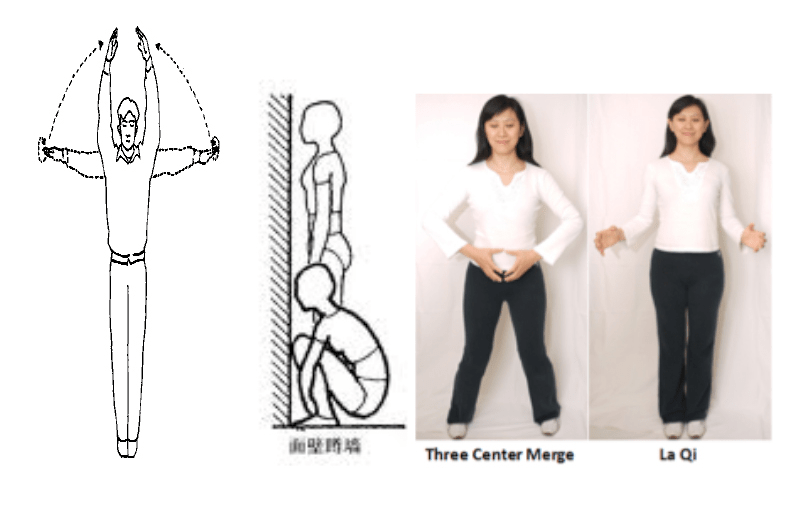
Participants were taught some basic exercises of Zhineng Qigong such as the Lift Qi Up, Wall Squat, Three Centre Merge and La Qi.
Furthermore, the participants took part in open, compassionate, non-judgmental interviews and counselling by the Qigong team. They also had positive discussions with the team about the sense and values of life, e.g. taking over family responsibilities and being useful to society. These values were thought to increase positive motivation and prevent future relapse.
What was the result?

The results were astounding! The participants reported having significantly shorter and attenuated withdrawal symptoms, based on the following criteria: intensity of pain, appetite, bowel function, sleep, vegetative symptoms such as sweating and yawning, nausea, and running nose.
92% of the patients who underwent one or more drug withdrawals before, stated that they experienced the time of withdrawal symptoms to be significantly shorter (reducing from 4 weeks to 1 week).
As a ‘side effect’, somatic illnesses improved in many cases, and during the whole course, no self-injury or aggressive behavior was observed.
Why does Qigong work?
Experiencing the state of Qi seemed to be one of the largest healing factors for those trying to overcome addiction. The Qi state is a state in which one experiences one’s own Qi unifying with the universe. It is a harmonic and holistic state, in which one can experience one’s own centre, and enjoy inner peace and harmony between mind and body, between self and the universe. This enables the separated person (separated between mind and body, and between self and the universe) to experience unity.
This experience of oneness gives one the option to replace craving for drugs through the desire for a Qi state. This is an important protection against relapse.
Another significant component of the healing process for participants was the fact that they were part of a group. From the perspective of Zhineng Qigong, group setting has advantages over practicing alone.

Not only do participants have a higher level of motivation when practicing in a group, but also the Qi field becomes stronger, which has important positive impact on the whole healing process.
Conclusion
Qigong may be a useful tool in the therapy of addiction and other mental illnesses. The methods and examples discussed here represent only a small amount of the extensive knowledgebase of Qigong that has accumulated over the past thousands of years. It would be beneficial for modern science to undertake more research into the field of Qigong, TCM and the phenomena of other healing traditions.
Hopefully in future, these studies will lead to open scientific discussions and exchanges of experiences between Qigong practitioners as well as between practitioners of other healing traditions. Everyone can make a valuable contribution by sharing their experience for a better understanding of the human condition.
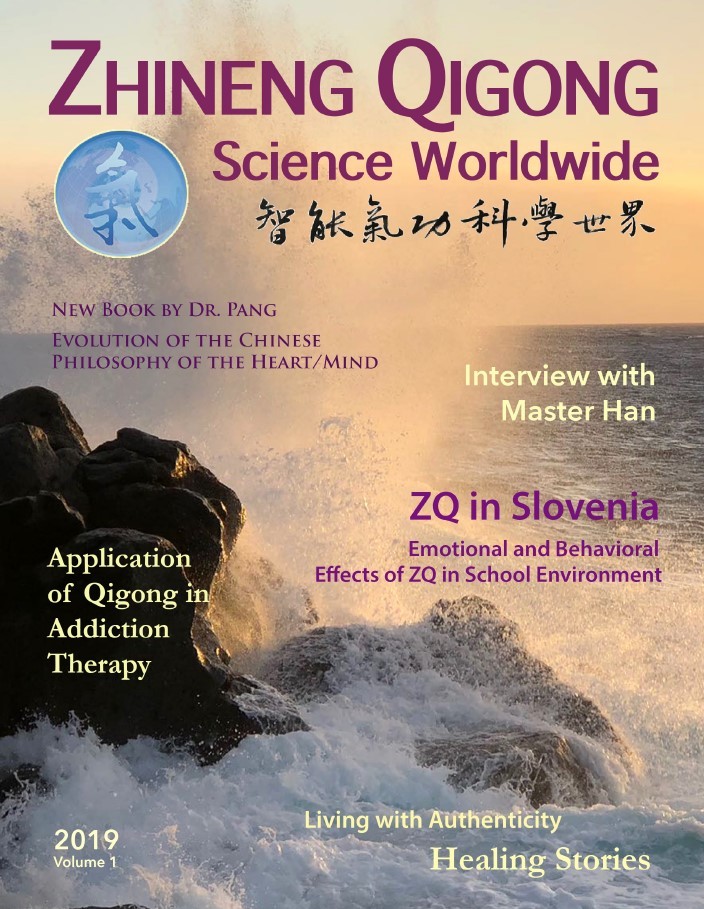
For more information on the studies discussed here, as well as an in depth analysis of Qigong as a treatment from mental illnesses through regulation of emotion (pages 28-46), download the 2019 edition of the Zhineng Qigong Science Worldwide Magazine here: https://www.zhineng-qigong-students-hub.com/zhineng-qigong-magazine/



